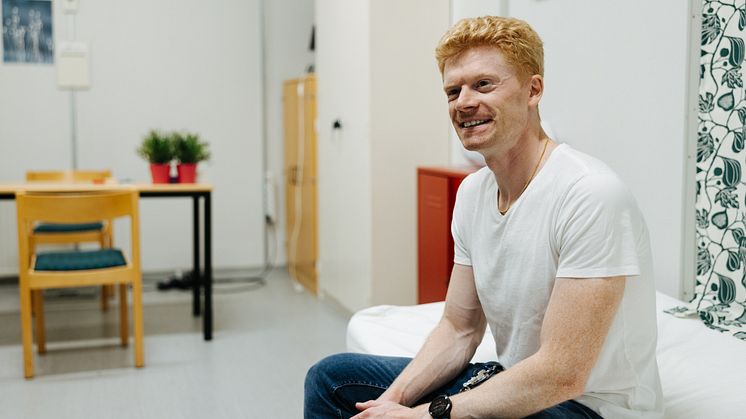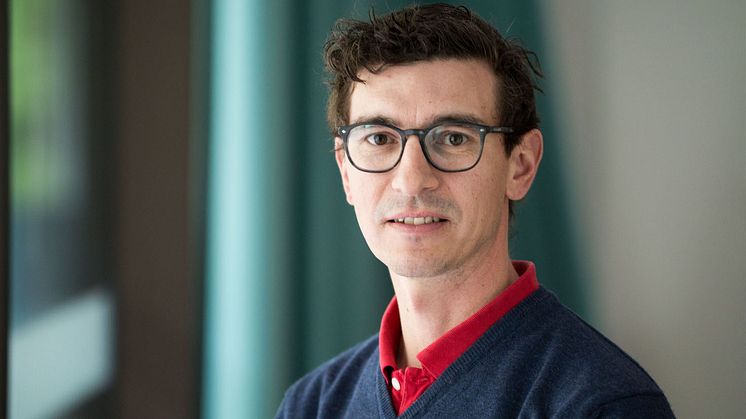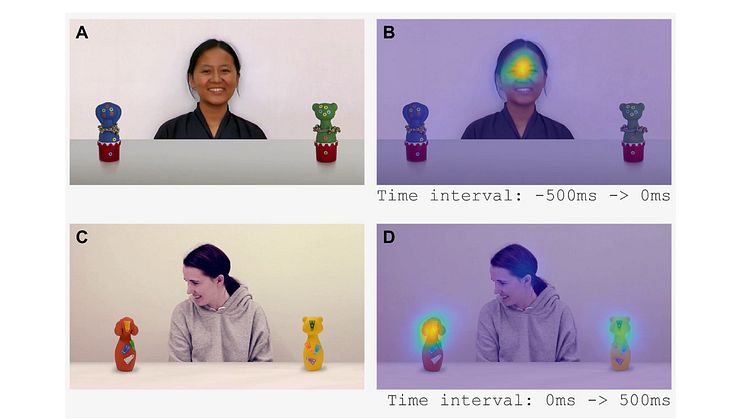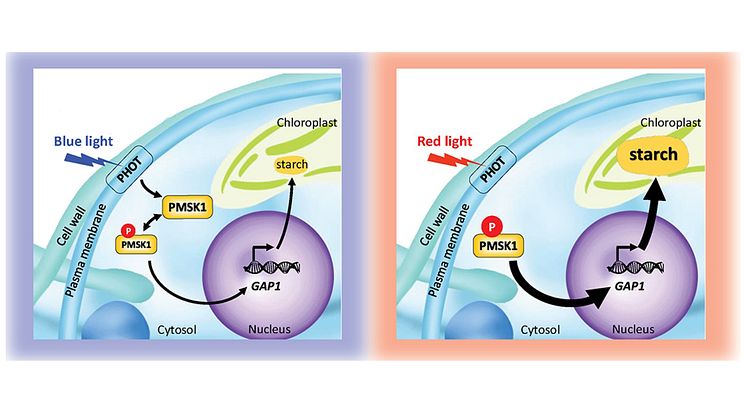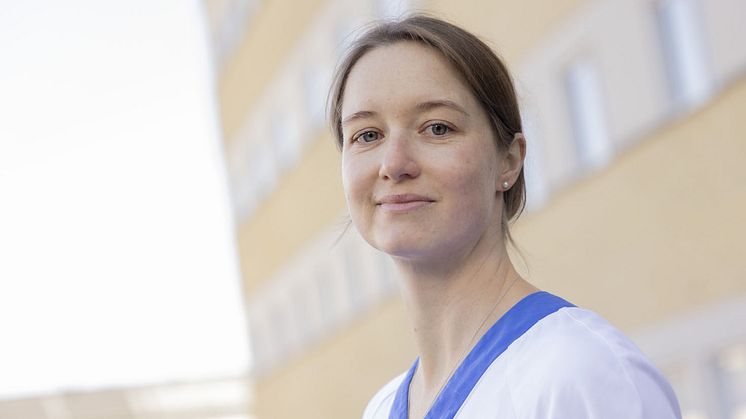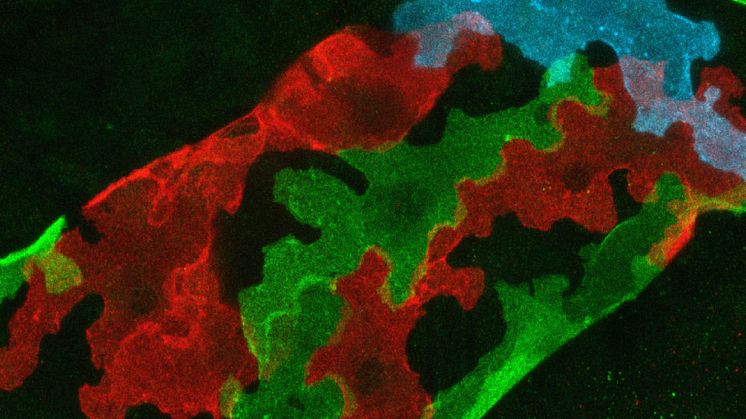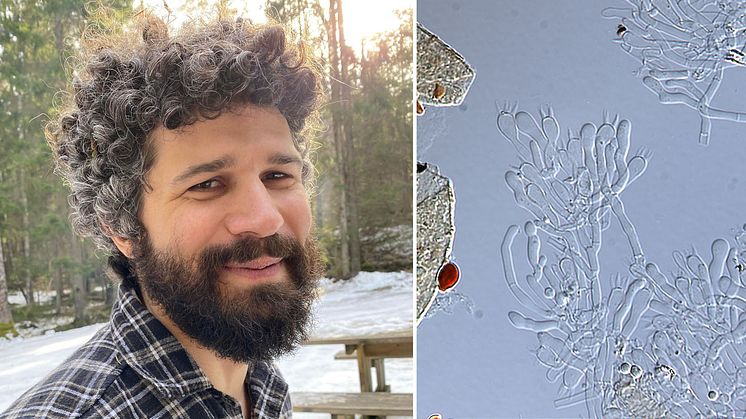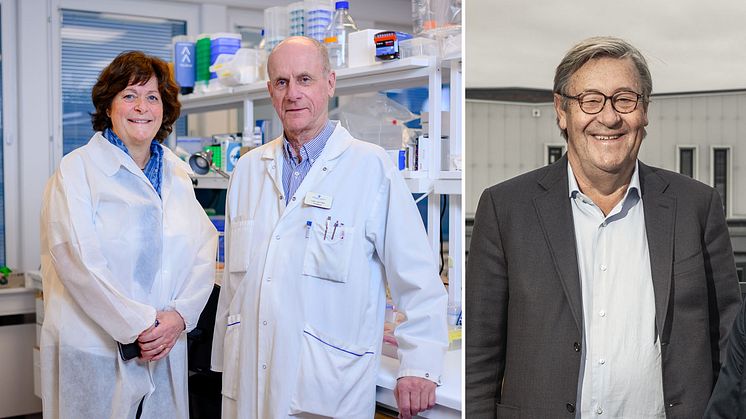Lack of sleep can increase the risk of cardiovascular disease
Even a few nights with insufficient sleep increases promote molecular mechanisms linked to a greater risk of heart problems. This has been shown in a new study in which the researchers investigated how sleep deprivation affects biomarkers (in this case proteins) associated with cardiovascular disease. The study was led from Uppsala University and is published in the journal Biomarker Research.
